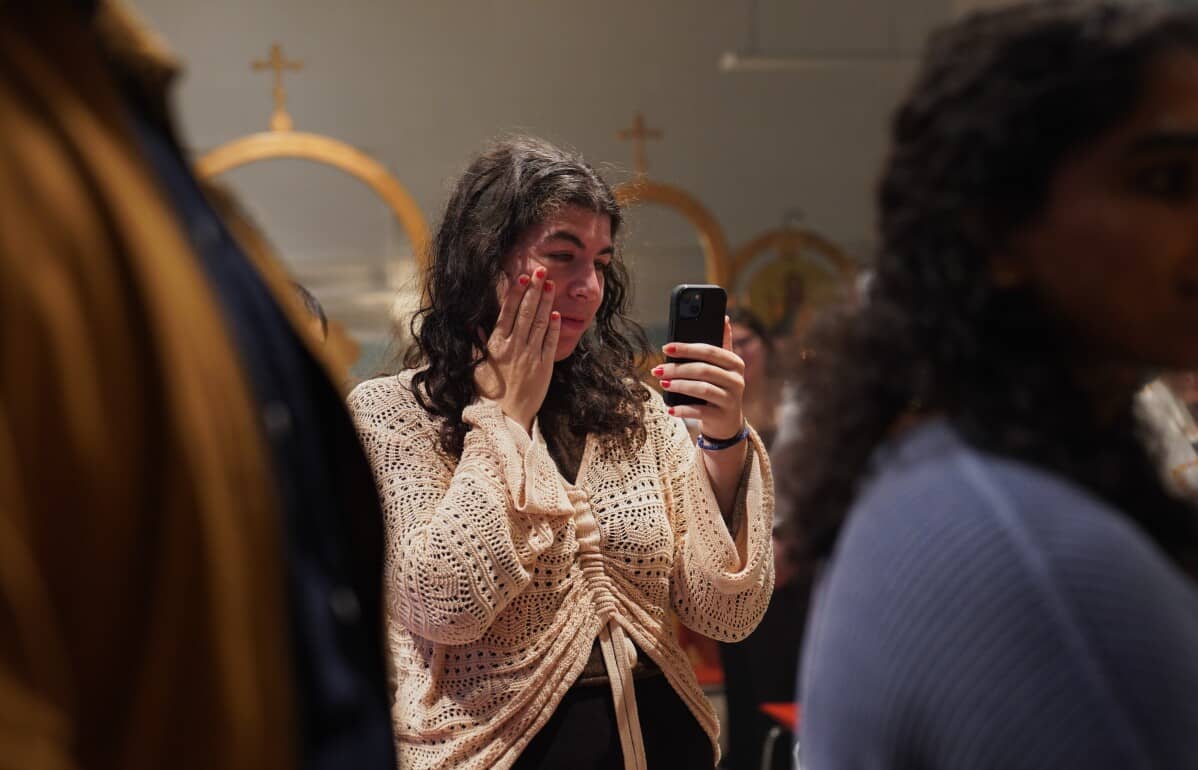HELENA, MT — A second Montana Roman Catholic diocese will file for bankruptcy protection as part of settlements involving more than 400 people in sex abuse lawsuits, church officials said Friday.
The Diocese of Great Falls-Billings said it expected to make the Chapter 11 reorganization filing later in the day, and the diocese and its insurance carriers would contribute to a fund to compensate victims and set aside additional money for those who have not yet come forward.
The amount of the settlement involving 72 people was not released.
“On behalf of the entire Diocese of Great Falls-Billings, I express my profound sorrow and sincere apologies to anyone who was abused by a priest, a sister or a lay church worker,” Bishop Michael Warfel said in a statement. “No child should experience harm from anyone who serves the church.”
None of those who have been credibly accused are active in parish ministry and nearly all are deceased, Warfel said.
Attorney Timothy Kosnoff, who represents some of the plaintiffs, said it marked the 15th diocesan bankruptcy in the U.S. involving sex abuse claims.
“Bankruptcy represents the only realistic mechanism for working through the myriad of issues involved in a case of this nature,” he said. “Despite this sensible step forward, speedy resolution is unlikely and the future of the diocese remains clouded.”
The Diocese of Helena filed for bankruptcy in early 2014 to settle about 360 claims of abuse and sexual abuse by priests, nuns and lay workers who served in the diocese.
That settlement, also negotiated before the bankruptcy filing, created a $21 million fund for victims named in the lawsuit and any others that might come forward.
Two sexual abuse lawsuits were filed against the Diocese of Great Falls-Billings — one in February 2012 and another the following June.
One lawsuit was initiated by a woman in her 60s who said she was molested and raped by Father Emmett Hoffman while she was a student at the St. Labre Parish and School between 1955 and 1962.
Hoffman died in 2013.
The diocese has had abuse prevention programs in place for more than two decades, church officials said. The programs include screening and training for employees, volunteers, priests and seminarians and an independent board to review claims.














